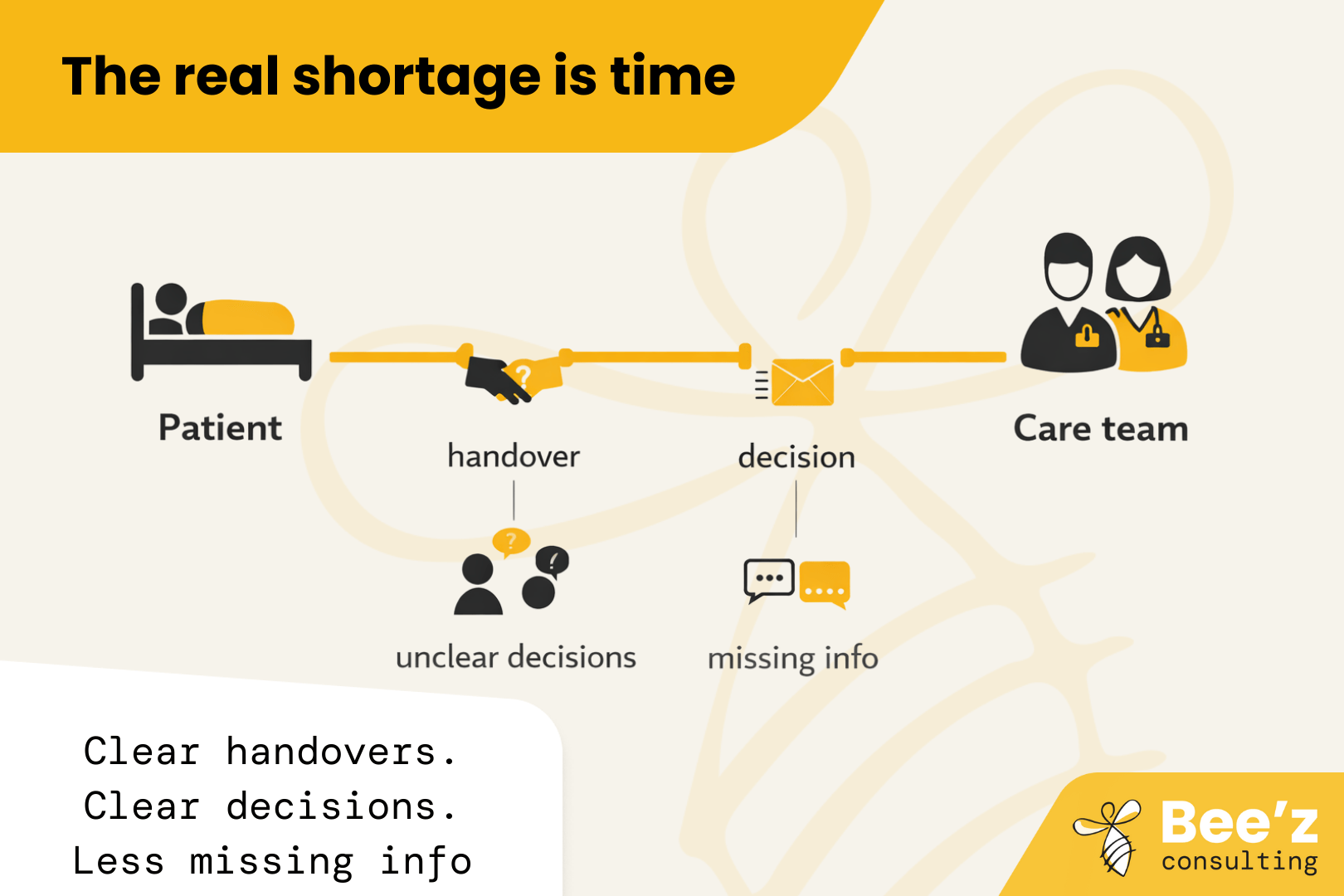
The concept of employee engagement was first introduced by William A. Kahn in 1990. Since then, Gallup—recognizing its strategic importance—has incorporated it into its regular surveys, creating one of the world’s richest datasets on what drives engagement at work.
Did you know “employee engagement” was searched over 400,000 times on Google in 2018?
That’s no accident.
Because research consistently shows that engaged employees drive performance.
According to the Harvard Business Review, companies with highly engaged teams are 12% more profitable than the average. Departments with high engagement outperform their disengaged counterparts by 21%.
The message is clear: engagement isn’t just a feel-good concept—it’s a strategic growth lever.
From hiring to offboarding, employees are continuously navigating company goals, strategy, and culture. That entire journey—the employee experience—is shaped by countless interactions.
Who shapes those experiences the most?
Your managers.
Managers are not just operational leaders; they are cultural ambassadors, value carriers, and the most immediate influencers of employee engagement.
Want satisfied customers?
Start with satisfied employees.
Want satisfied employees?
Start with empowered managers.
To improve employee engagement, HR and leadership must invest in the manager experience first.
If your managers are overwhelmed, undertrained, or disconnected from leadership, they cannot be effective engagement catalysts.
That’s why HR’s role is not only to support employees but to simplify and elevate the day-to-day reality of managers—so they, in turn, can support their teams.
If the answer is unclear or negative, it may be time to rethink your manager support strategy.
At Bee’z Consulting, we specialize in transforming leadership practices and enhancing the employee and manager experience in medium and large organizations.
We offer:


AI is already inside hospital workflows. Learn how CEOs, COOs, CIOs, and CTOs can govern it in Switzerland and the EU, and build proof of control fast.


Patient experience starts before the bedside. Fix staff-to-staff handovers with two simple habits that cut friction, boost clarity, and build trust fast.


The real shortage is time with patients. “Thrive” is the missing lever. Fix daily workflow friction so hiring and retention finally pay off.
